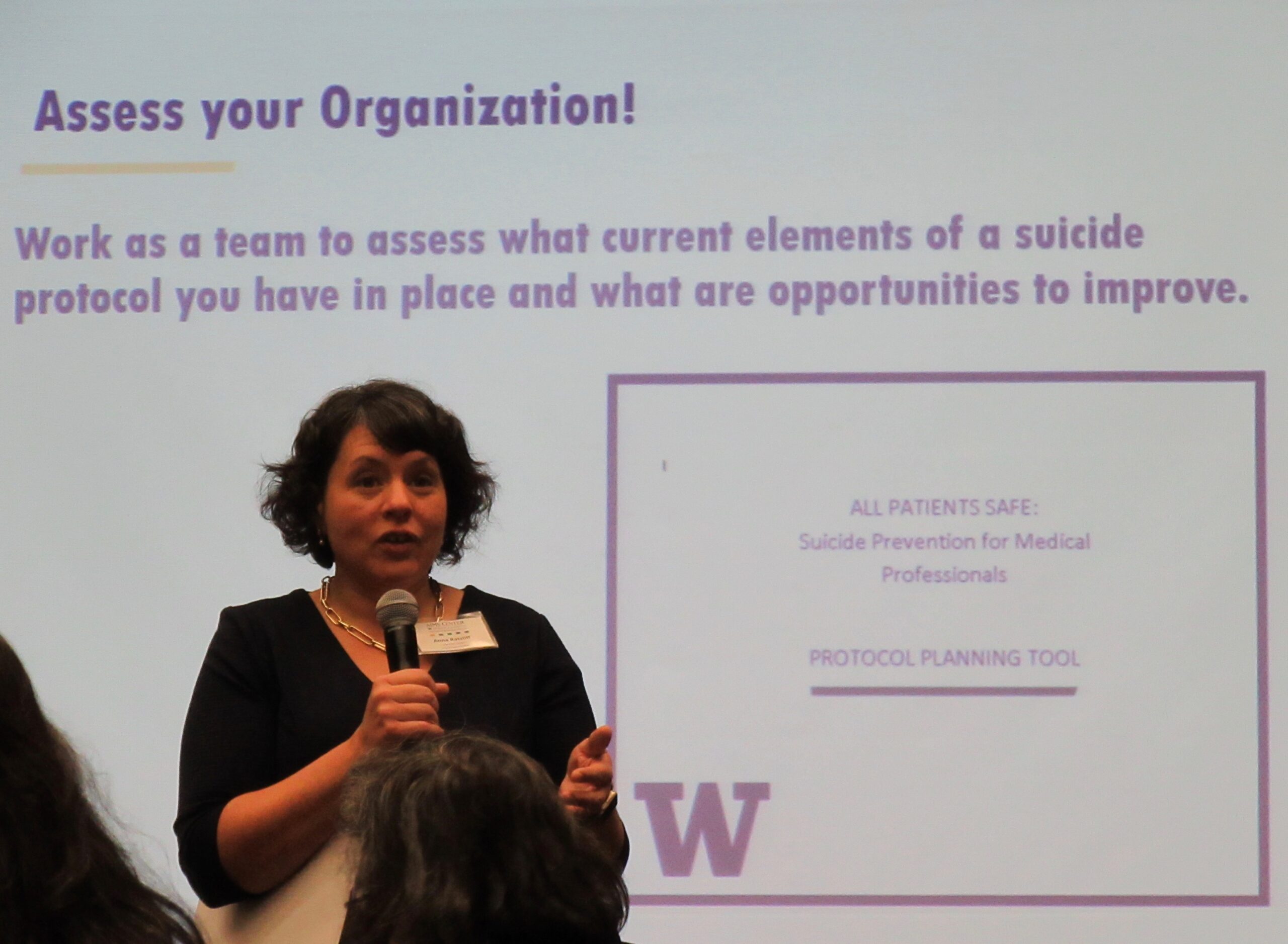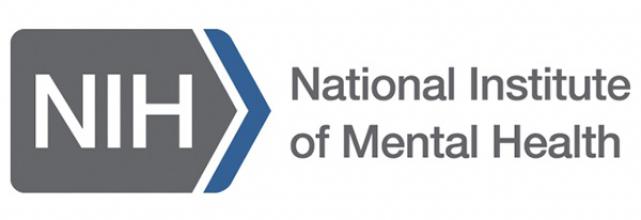This project was borne of a unique partnership between two federal entities, HRSA and NIMH, who contracted with the AIMS Center to train and support care teams in Nurse-led clinics to implement Collaborative Care. The project began in 2017 with11 clinics in diverse regions of the US for two years. All the sites were safety-net clinics providing care to underserved, predominantly uninsured patient populations, and were located in rural, suburban, and urban areas. Target populations included low-income, homeless, and/or LGBTQ adults facing significant financial, geographic, cultural-linguistics barriers. Patients served in these clinics suffered from chronic disease conditions (e.g. diabetes, hypertension) and untreated/undertreated mental health conditions or substance abuse.
AIMS Center practice coaches provided individualized support to each clinic as they laid the groundwork for their Collaborative Care teams, which included hiring staff, developing workflows, and financial planning. Teams had highly variable staffing models and experience with integrated care, but after several months of remote team meetings and didactic webinars with practice coaches, in-person trainings, and site visits, all 11 sites launched Collaborative Care in early 2018. Each site then received ongoing clinical training for behavioral health care managers and psychiatric consultants, as well as monthly sessions with a practice coach to refine workflows and team communications, report on and improve quality metrics, and plan for financial and clinical sustainment.
A unique aspect of this project is that site visits were conducted early in Year Two of the project, and a formalized set of evaluation tools were developed and used to assess site progress and identify areas in need of support. The site visits were conducted by the AIMS practice coach and clinical trainers and thoroughly documented for reporting back to HRSA and NIMH, as well as to the sites themselves. This was a rich method for thoroughly understanding any implementation challenges these sites faced and helping them solve these problems in real time. The project concluded in June of 2019.
This NIMH-HRSA collaboration supported Strategic Objective Four (4) of the NIMH Strategic Plan, which is to strengthen the public health impact of NIMH-supported research by providing training and health information dissemination.
Read more about HRSA’s behavioral health initiatives and performance measure accomplishments:


